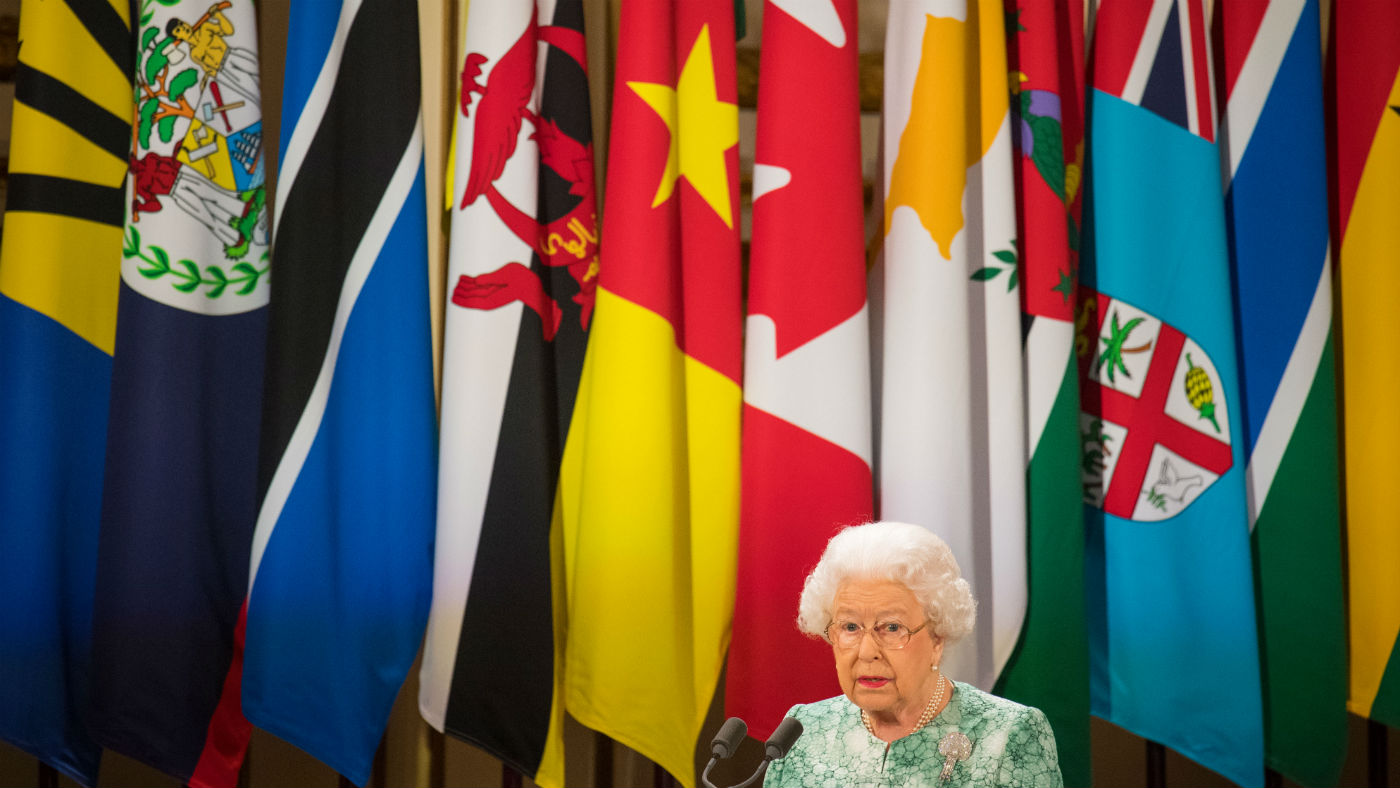Queen asks Commonwealth leaders to let Charles succeed her
The head of the Commonwealth is not a hereditary position

A free daily email with the biggest news stories of the day – and the best features from TheWeek.com
You are now subscribed
Your newsletter sign-up was successful
The Queen yesterday told Commonwealth leaders that it is her “sincere wish” that Prince Charles will succeed her as head of the 53-nation grouping “one day”.
Elizabeth II was opening the Commonwealth Heads of Government Meeting (CHOGM) in London when she addressed the question of who will take over from her. The role is not hereditary, and will not pass automatically to the Prince of Wales.
“There had been some suggestions that the position should be rotated around member states,” reports the BBC.
The Week
Escape your echo chamber. Get the facts behind the news, plus analysis from multiple perspectives.

Sign up for The Week's Free Newsletters
From our morning news briefing to a weekly Good News Newsletter, get the best of The Week delivered directly to your inbox.
From our morning news briefing to a weekly Good News Newsletter, get the best of The Week delivered directly to your inbox.
But the Queen told the assembled leaders: “It is my sincere wish that the Commonwealth will continue to offer stability and continuity for future generations, and will decide that one day the Prince of Wales should carry on the important work started by my father in 1949.”
She also said it remained a “great pleasure and honour” to serve such a “flourishing network” as she opened the biannual summit.
“After years of treating the question as too distasteful to discuss, dealing with a world after the Queen’s death,” says The Daily Telegraph, “leaders at the London meeting were expected to finalise plans during a private retreat at Windsor Castle on Friday”.
A free daily email with the biggest news stories of the day – and the best features from TheWeek.com